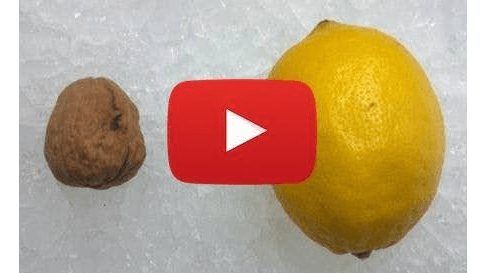5 Things Longevity Scientists Changed Their Minds On (they were wrong)
Throughout history, people have been searching for ways to extend their lifespan. However, recent research shows that some longstanding beliefs about longevity have been misconceptions. Science often corrects itself as new data emerges, and this rings true when evaluating our understanding of how to live longer, healthier lives.
One of the biggest misconceptions is the importance of genetics. It was previously thought that our lifespan was heavily determined by our DNA. However, a groundbreaking study published in "Human Genetics" shows that only 20 to 30% of lifespan variations are due to genetic factors. As we continue to examine lifestyle implications, the relevance of genetics decreases, now suspected to be as low as 15 to 10%.
Contrary to past beliefs, lifestyle changes at any age can significantly enhance longevity. Research, including a study in the New England Journal of Medicine, reveals that quitting smoking at different stages (25-54 years) increases life expectancy, albeit diminishing over time. Moreover, beginning physical activity later in life can dramatically reduce all-cause mortality by 24%, highlighting the transformative power of lifestyle changes at any age.
The debate over caloric restriction has also evolved. While restricting calorie intake has benefits, especially when diets are less than ideal, its advantages diminish with diets based on whole, unprocessed foods. Hence, the quality of diet appears as decisive as calorie count in influencing longevity.
To wrap it all up, while genes provide the framework for our lives, the profound effects of lifestyle choices make us the architects of our longevity. Engaging in physical activities, quitting harmful habits, and eating wholesome foods play a vital role in defining our lifespan, outweighing genetic factors more than once believed. The power to live a long and healthy life is largely within our grasp. It’s not just about adding years to our life, but life to our years.
From Around The Web
Wellness Inbox is a blog & weekly newsletter that curates trending news and products related to health and wellness from around the web. We also gather content from various sources, including leading health professionals, and deliver it directly to you.
Please note that we may receive compensation if you purchase any products featured in our newsletter. Wellness Inbox is not affiliated with, nor does it endorse, any health professionals whose content may appear in our newsletter. The information provided is for general informational purposes only and should not be considered medical advice.
The information provided is not intended to replace professional medical advice, diagnosis, or treatment. All content, including text, graphics, images, and information available is for general informational purposes only. We do not guarantee the accuracy or completeness of any information presented and assume no liability for any errors or omissions. The content is subject to change without notice. We encourage you to verify any information with other reliable sources and consult your physician regarding any medical conditions or treatments.







